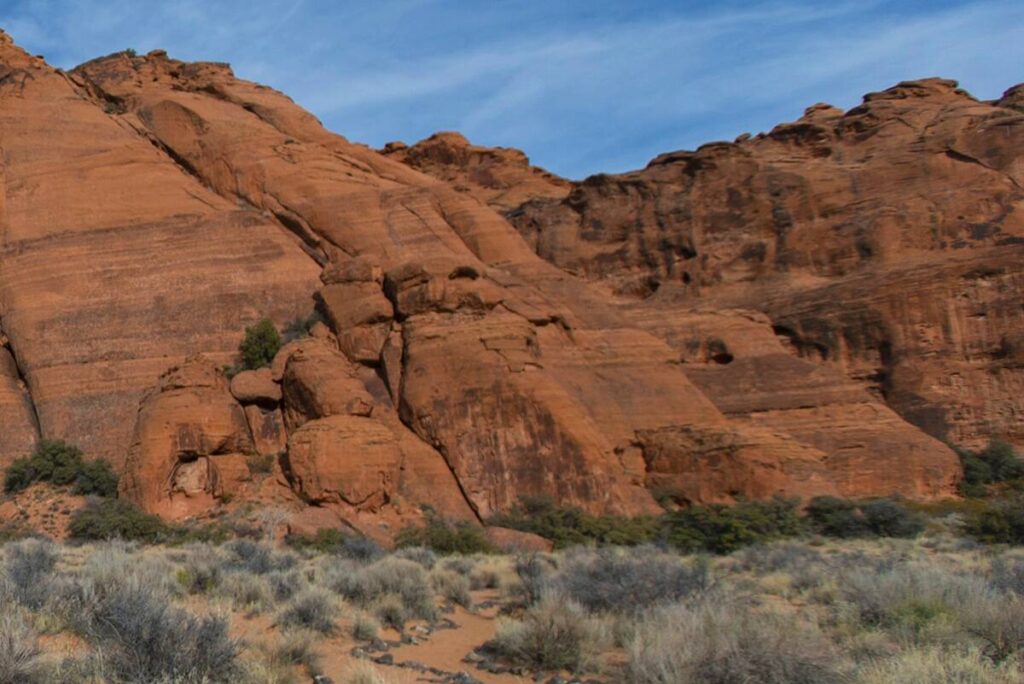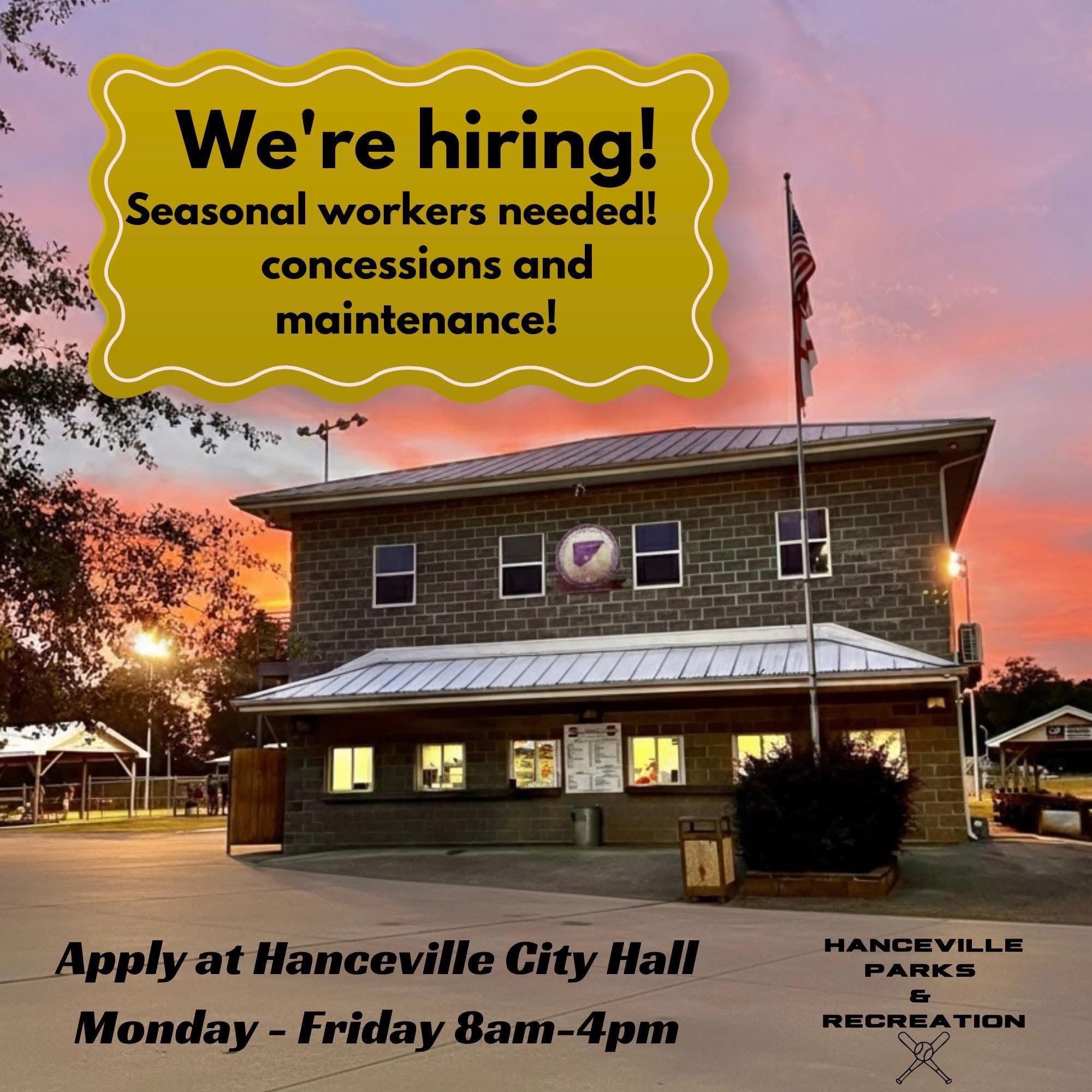
A recent editorial published on August 3 has reignited discussions surrounding the proposed sale of federal lands in Nevada, particularly concerning its potential impact on the state’s outdoor heritage. A coalition of hunters and conservationists has voiced strong opposition to these sales, emphasizing the need for community input and the importance of maintaining public lands for future generations.
The proposed sales have raised significant concerns among Nevada’s hunters, who argue that selling public lands without adequate community engagement and consideration of vital resources, such as water availability and infrastructure, is misguided. They contend that such actions would not effectively address Nevada’s pressing issues, including housing affordability. For instance, placing new affordable housing on the outskirts of Las Vegas fails to align with the realities of employment patterns, as many new homeowners would likely commute to jobs in the city’s center.
Many of the areas identified in the editorial as “empty space” are, in fact, critical habitats for various wildlife species. These lands are essential for Nevada hunters who pursue quail, deer, elk, and wild sheep. They have invested time and resources into creating water guzzlers and conducting habitat rehabilitation efforts to sustain healthy wildlife populations. The hunting community argues that the decision to auction off these lands was made without proper consultation with the stakeholders who depend on them.
As public land habitats face increasing pressures from various factors, hunters remain committed to defending these ecosystems. They emphasize the importance of habitat conservation and the funding necessary to protect the traditions that define their community. The ongoing debate over federal land sales in Nevada reflects broader questions about land use, environmental stewardship, and the role of community voices in shaping policies that affect public resources.
In conclusion, while the need for affordable housing remains a critical issue in Nevada, stakeholders argue that a more thoughtful approach is necessary. Engaging local communities in discussions about land use could lead to solutions that protect both the environment and the needs of residents. As the conversation continues, hunters and conservationists will likely remain vigilant in advocating for the preservation of Nevada’s public lands.







